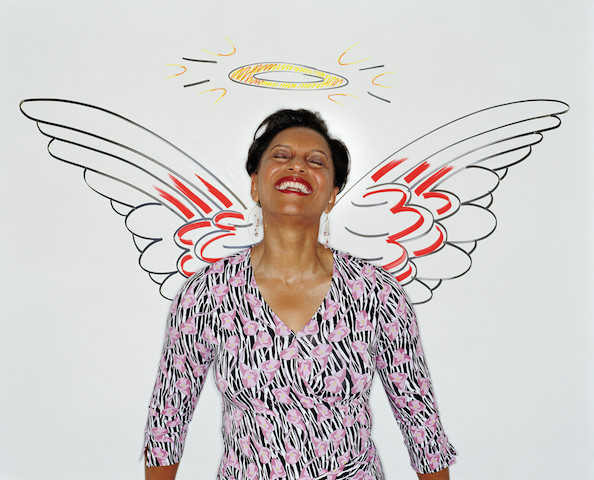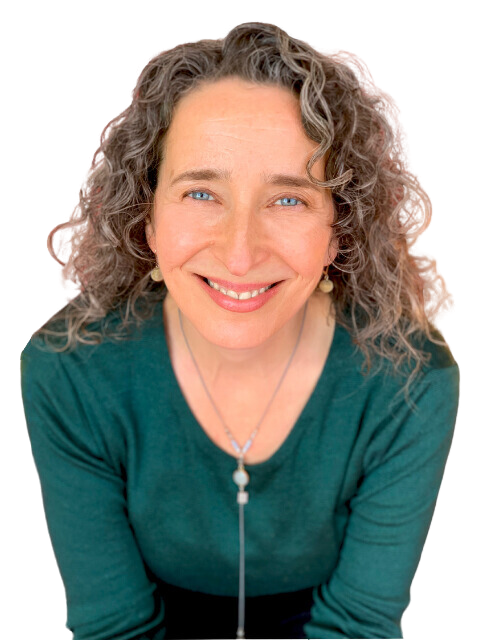In Person:
160 Christian St, Oxford, CT 06478
Online Therapy:
Connecticut, Maryland, Virginia and Florida. HIPAA. Secure Video. Convenient. In-Person in CT
Call: 802-578-3700 or Email: connect@mindbodywelltherapy.com
A holistic psychotherapy practice offering ketamine-assisted psychotherapy and integrative mental health care
160 Christian St, Oxford, CT 06478
Connecticut, Maryland, Virginia and Florida. HIPAA. Secure Video. Convenient. In-Person in CT
Call: 802-578-3700 or Email: connect@mindbodywelltherapy.com
What is Holistic Counseling page updated: 5-9-2025 by Lucrezia Mangione, LCPC, NCC, BC-TMH, DCEP
Holistic counseling is working and collaborating with a licensed counselor and psychotherapist who comes from a perspective that each person, each client, is already whole. Their body, mind, heart and spirit (however a client defines 'spirit') are connected and work together to create a larger awareness to a wholeness that already exists inside. In other words, this wholeness means that who that person is, is greater and more powerful than the sum of what they are suffering from or need support for.

This perspective of wholeness is based on the concept of holism which has been around more than a couple of thousand years. It is has become an approach that helps a holistic licensed counselor, along with their training in counseling psychology and various psychotherapies, to consider what assessment and treatment options may be useful. It also supports the client in discovering inner strengths, which may help with their distress and mental pain. This holistic perspective works both ways. It’s an approach or framework a counselor uses along with their psychological training to do their job and it supports the client in meeting their goals.
The terms are really used interchangeably by both licensed professionals and the public. They both mean the same thing unless you’re in this field of work and like getting into the nitty-gritty of things. Technically, if you want to be by-the-book-about-definitions, counseling refers to the professional assistance you get from a professional who is licensed and trained while psychotherapy refers to the services or tools a counselor uses to provide the counseling therapy. There’s more written about it in this article on psychotherapy and counseling.
The phrase "holistic approach to counseling" accurately describes the relationship. Holistic refers to the concept of holism which means that a person is already a unified whole system that is greater than the sum of the sufferings that s/he/they are experiencing. Counseling refers to the assistance to received from a trained professional.
We are all comprised of a body, a mind, a heart with feelings and a connection to something greater, however we may know it or name it. Each of us also lives in society, is connected to other people through social and family circles and comes with cultural and ethnic backgrounds, gender/non-gender identity, and sexual preferences and more.

All of this makes up who we are and still there’s a unified, “unbroken wholeness” (term by Carl Jung) that exists and encompasses all that we identify with. It’s a bigger, deeper coherent place that embraces the totality of who we are.
The holistic approach bootstraps this “wholeness” of you to identify strengths you have that you may not have discovered or remembered and helps to point out imbalances related to this “wholeness. And with holistic counseling it can be used along with psychotherapies to help you improve your mental health and well-being.
Having a counselor who's approach is holistic in essence means that s/he/they take into account everything that's going on in order to collaborate and work towards mental health wellness goals.
Thanks for reading this page on what is holistic counseling—I hope it offered clarity and insight into this gentle, whole-person approach to healing.
Ready to take the next step? Let’s explore what support could look like—at a pace that feels right for you. There's no pressure. Just a chance to see whether this feels like a good fit.
Mind Body Well Therapy, PLLC is a private psychotherapy practice offering holistic mental health counseling, ketamine-assisted psychotherapy, and supportive services for adults navigating periods of emotional strain.
This website provides general information and is not intended for self-diagnosis or to replace medical or psychological care. For diagnosis or treatment, please consult a licensed professional directly.
Explore our privacy policy of services and disclaimer for more details. We're here to support you on your journey to well-being.

Lucrezia Mangione supports people who feel anxious, overwhelmed, or worn down in building steadiness, clarity, and a deeper sense of aliveness. She also collaborates with therapists and helping professionals to support clients who feel stuck or stalled. Her integrative approach helps people feel calm, grounded, and more at home in themselves—living and working with greater ease and intention.